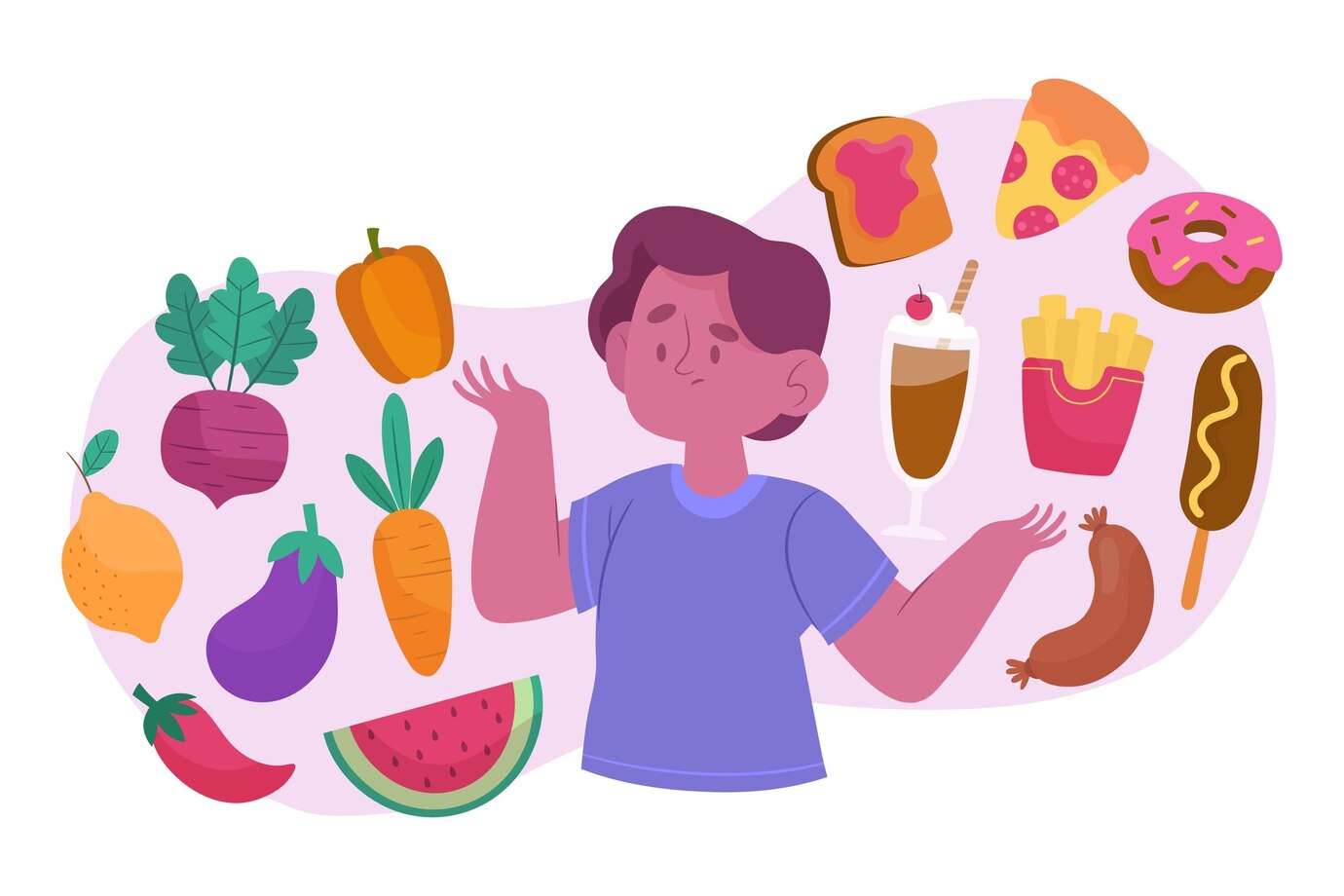
Understanding Food Allergies: Signs and Tips for Managing What You Eat
Introduction:
Food is a source of joy and sustenance for many, but for some, it can also be a source of worry and discomfort. Food allergies affect millions worldwide, making it crucial to recognize their symptoms and know how to navigate dietary restrictions safely.
Recognizing Food Allergy Symptoms: Food allergies happen when your body’s immune system reacts to certain proteins in food. Symptoms can vary from mild to severe and may include:
- Itchy or swollen lips, tongue, or throat
- Skin reactions like hives or rash
- Digestive issues such as nausea, vomiting, or diarrhea
- Breathing difficulties
- Anaphylaxis, a severe reaction that can lead to a drop in blood pressure and loss of consciousness
Common Food Allergens:
While any food can trigger an allergic reaction, some are more likely to cause problems. The top food allergens include:
- Peanuts
- Tree nuts (like almonds and walnuts)
- Shellfish (such as shrimp and crab)
- Fish
- Milk
- Eggs
- Soy
- Wheat
Managing Dietary Restrictions:
Living with food allergies requires careful attention to what you eat. Here are some tips to help you manage dietary restrictions:
- Read Labels: Always read food labels carefully to spot potential allergens. Manufacturers must list common allergens on their labels.
- Communicate: Inform restaurant staff, friends, and family about your food allergy to ensure safe dining experiences.
- Carry Medication: If you have a severe food allergy, carry emergency medication like an epinephrine auto-injector (e.g., EpiPen) at all times.
- Cook at Home: Preparing meals at home using fresh, whole ingredients reduces the risk of accidental exposure to allergens.
- Try Substitutes: Experiment with allergen-free alternatives to your favorite foods. For example, almond milk or soy butter can replace cow’s milk and peanut butter.
Conclusion:
Food allergies can be challenging, but with vigilance and preparation, you can navigate them successfully and still enjoy a wide range of delicious meals. By recognizing symptoms, avoiding common allergens, and communicating your dietary needs, you can stay safe and healthy.
To seek medical advice, always consult a Doctor. Here are our recommended EXPERTS. Click here
To read more on SKIN. Click Here



